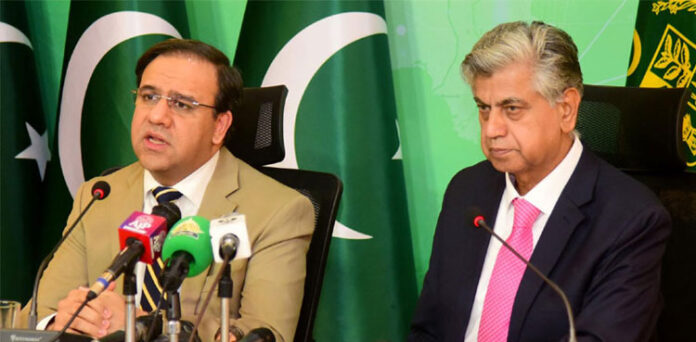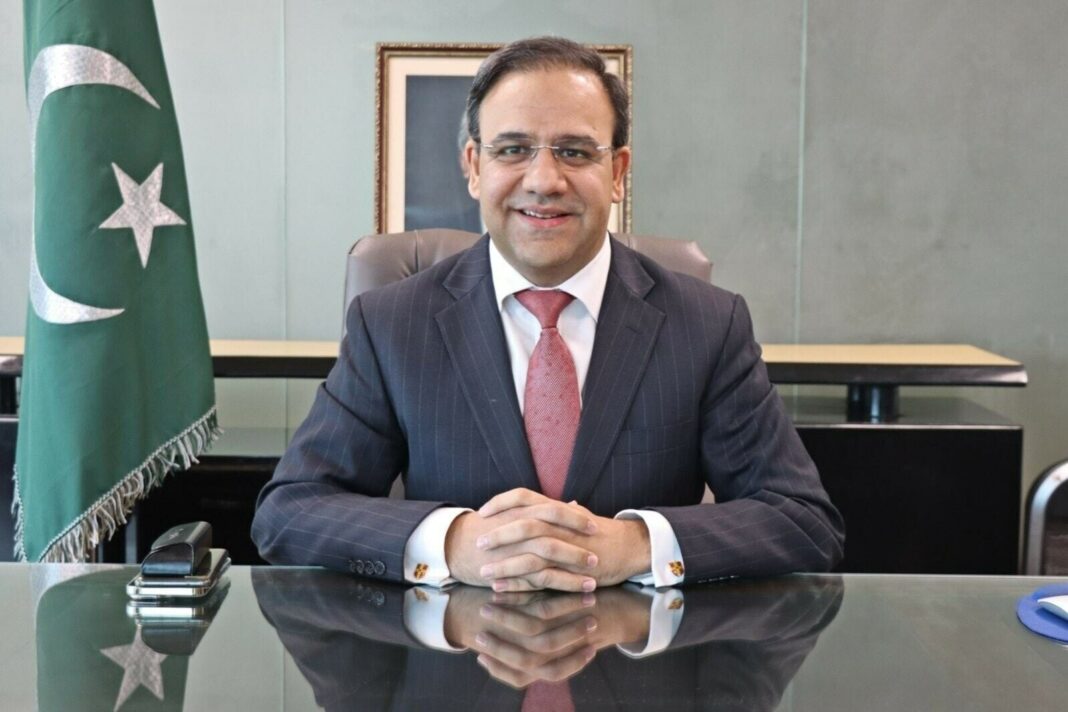In the next few weeks, Pakistan is expected to receive ‘good news’ regarding PayPal and Stripe payment gateways, as announced by Dr. Umar Saif, the acting Minister for Information Technology (IT) and Telecommunications.
Dr. Umar Saif, who appeared at a news conference alongside Information Minister Murtaza Solangi, mentioned that his ministry had engaged in discussions and presented the nation’s case to international payment gateways, including PayPal, Stripe, and WISE. The Minister expressed optimism that Pakistan will receive positive news from PayPal and Stripe within four to six weeks. He further stated, ‘We will offer these services to our community of freelancers.’

Earlier this month, Umar Saif, the acting Minister of Information Technology, announced his intention to introduce ‘PayPal and Stripe to Pakistan.’ Officials from the State Bank of Pakistan (SBP) and the IT Minister discussed the idea of introducing Stripe, PayPal, and Wise to Pakistan. During the news conference, Umar Saif emphasized steps to boost telecom and IT exports. Additionally, he mentioned that freelancers looking to establish e-working facilities would be eligible for interest-free loans from the interim administration. To create their virtual workspaces, each freelancer would receive financial support of Rs 100,000.

He continued, ‘This initiative was designed to address the issue of freelancers’ inability to find suitable workplaces where they can work comfortably and peacefully.’ Dr. Saif stated that freelancers can earn up to $30,000 annually, which could have a significant impact on the economy. He estimated that these actions could result in a $3 billion increase in exports from the IT sector. The Minister also stated that the government hopes to attract external investments of up to $1 billion within the next six months by simplifying access to loans and investments for IT businesses.

Regarding the disparity in skill sets among IT professionals, Umar Saif mentioned that while Pakistani colleges currently produce 20,000 to 22,000 IT graduates, only 2,000 of them have been able to secure jobs. ‘To ensure job opportunities for recent graduates, the IT Ministry will implement a standardized quality test in all Pakistani universities,’ he continued. “We have collaborated with the Higher Education Commission, the National Computing Accreditation Council, the Examination Testing Council, the Pakistan Software Export Board, and the Pakistan Software Houses Association to implement substantial changes in IT education at universities,” he stated. He emphasized that students who successfully complete the examination will have the chance to secure employment through the Industry Placement Program.

‘We will allocate funds to support university courses specifically tailored to meet the needs and trends of the industry today.’ The university’s grade will now be determined by the National Computing Accreditation Council, based on student pass rates, according to the Minister. He stressed the importance of providing industry-specific training and ensuring that educational institutions align with industrial requirements. Highlighting Pakistan’s status as the seventh-largest mobile phone market, with 194 million users, Dr. Saif presented the government’s plan to promote domestic production of reasonably priced, high-quality mobile phones. This effort aims to conserve foreign currency, reduce dependence on imported phones, and create jobs in the high-tech sector.
- Misleading Video Alters Prime Minister Shehbaz’s Speech Targeting Political Rival, Not His Party - 21/04/2024
- ATC Grants Three-Day Remand for Suspects in Ichhra Bazaar Harassment Case - 19/03/2024
- Pakistan, India, and Bangladesh Lead World in Severe Smog Crisis, Exceeding WHO Guidelines - 19/03/2024


